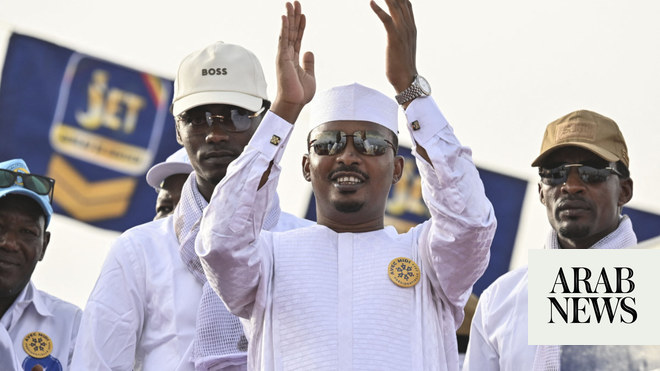
Peru was on a knife-edge on Friday as its electoral board reviewed ballots cast in the presidential election, after a challenge to the tally by the losing candidate Keiko Fujimori.
The final tally gave the leftist teacher Pedro Castillo a razor-thin 50.17% to 49.83% advantage over his rightwing rival Fujimori, which amounts to about 60,000 votes.
However, the country’s electoral authority has yet to confirm the win, and Fujimori, the scion of a controversial political dynasty, has refused to concede.
She alleges fraud, even though national and international observers said the vote was clean, and has called for up to 500,000 votes to be nullified or reexamined, forcing the electoral board to conduct a review of ballots.
Castillo, a teacher in a rural school and the son of illiterate peasant farmers, was a virtually unknown candidate until a few months ago. He claimed victory on Thursday after a vote by vote count of ballots cast in Sunday’s election, which split the country in half along deep fault lines of class and geography.
Wearing the typical wide-brimmed farmers hat of his Andean homeland Cajamarca, Castillo was buoyed to what appears to be a razor-thin victory by rural voters hammered by one of the world’s worst Covid outbreaks, which forced millions into unemployment and prompted many others to leave big cities and return to their rural villages.
In spite of the pandemic, Castillo campaigned across the rural Andes mountains, even on horseback, promising there would be “no more poor people in a rich country” and to form a constituent assembly to write a new “people’s” constitution.
The vote has split the country between the poor Andean hinterland and the wealthier and more urban northern coast and capital Lima, as millions of Peruvians vented their anger against political instability, corruption and weak, underfunded public services like health and education, made far worse by the pandemic.
In a bitterly divisive campaign, Castillo, who belongs to the hard-left Perú Libre party, was portrayed by Fujimori and her supporters as a communist threat to Peru’s free-market model of the last 30 years.
Fujimori – the daughter of jailed former 1990s president Alberto Fujimori – cast herself as the defender of the status quo in the market-friendly country, winning support from the business elite and the urban middle-class, as well as sports personalities and celebrities.
The run-up to the vote was marked by scaremongering electronic billboards in Lima, warning Peru could wind up like Cuba or Venezuela, and a partisan media heavily favouring Fujimori, as it had done in previous elections, forcing the resignation of journalists from at least one television channel.
On Thursday night, pro-Fujimori protesters surrounded the home of the head of the electoral board, and others called for military intervention, prompting an official response from the armed forces that it would respect the election results.
Fujimori, who looks likely to fail in her third election runoff by the slimmest of margins, could lose more than the presidency as prosecutors said on Thursday that she had breached bail conditions by contacting witnesses and could return to jail. She has already spent more than a year in pretrial detention accused of receiving more than $17m in illegal campaign funds and heading a criminal organisation. She could face a 30-year jail term if convicted of the allegations which she denies, calling them politically motivated.
Accepting his virtual victory on Tuesday, Castillo told supporters, his government would be “respectful of democracy, the current constitution …[and of] financial and economic stability,” in an apparent move to calm investors’ fears in the world’s second largest copper producer.
“Private companies will continue to be private companies,” said Pedro Francke, an economic adviser to Castillo’s campaign. He ruled out resource nationalisation but said multinational mining companies would have to leave more money behind in the country.











